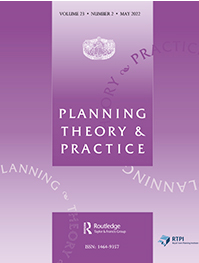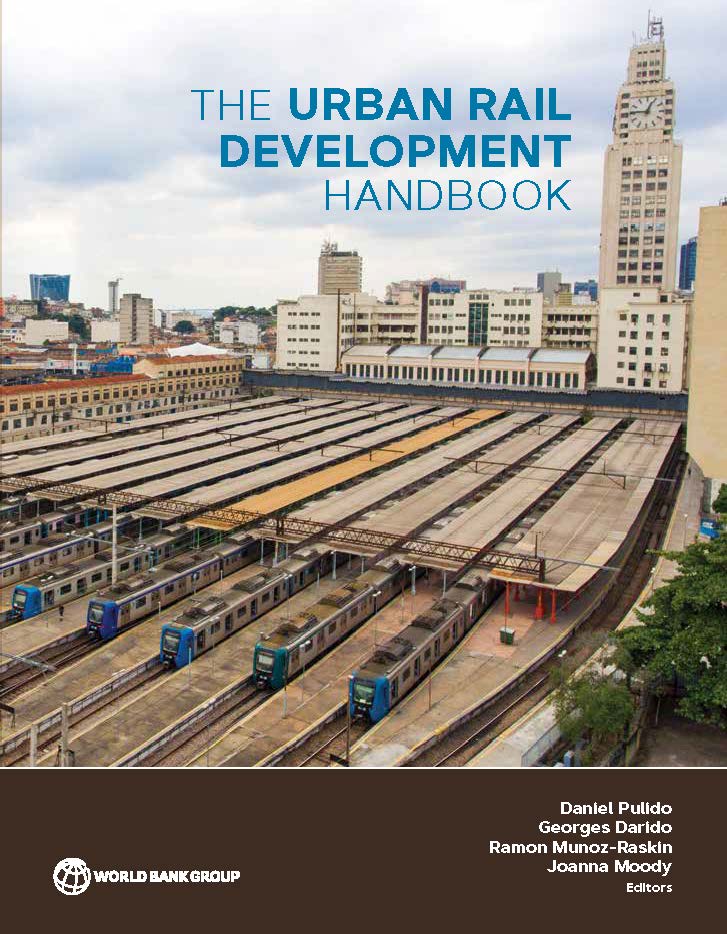Transit-oriented Development at a corridor scale (Chinese)

-
Type
Resources
-
Includes:
-
Published
October 2019
The Transit-Oriented Development (TOD) at a Corridor Scale Course introduces the concept of TOD and the potential benefits it can bring to a city. Developed in partnership with the World Resources Institute’s Ross Center for Sustainable Cities and the World Bank, the course uses international examples to present the implementation cycle of a TOD project - illustrating actors, sectors, institutions and regulations that must be coordinated for a project to move forward and drawing from lessons learned and common barriers to implementation.
Each of the eight modules focuses on a specific topic area to introduce participants, particularly people without an urban or land-use planning background, to compact development that prioritizes public transit and active transport over personal vehicle ownership. These modules define and discuss topics such as design concepts, institutional support, financing frameworks, delivery mechanisms, affordable housing, inclusive TOD, and monitoring and evaluation practices.
In adopting the lessons of the course, decision makers can avoid the common short-sighted approach to sprawl, rapid motorization, and wasteful energy consumption and use transit-oriented development strategies to overcome such challenges. After completing the course, viewers will have a high-level understanding of the complex and comprehensive approach of TOD.
Please find the modules below (translated by WRI).
Module 1. 第一章-TOD介绍
Module 2. 第二章TOD走廊
Module 3. 第三章TOD的组成要素
Module 4. 第四章-TOD的城市规划与设计内容
Module 5. 第五章-TOD投融资策略
Module 6. 第六章-走廊层面TOD的实施步骤
Module 7. 第七章-包容性TOD
Module 8. 第八章-TOD项目的监测和评估



